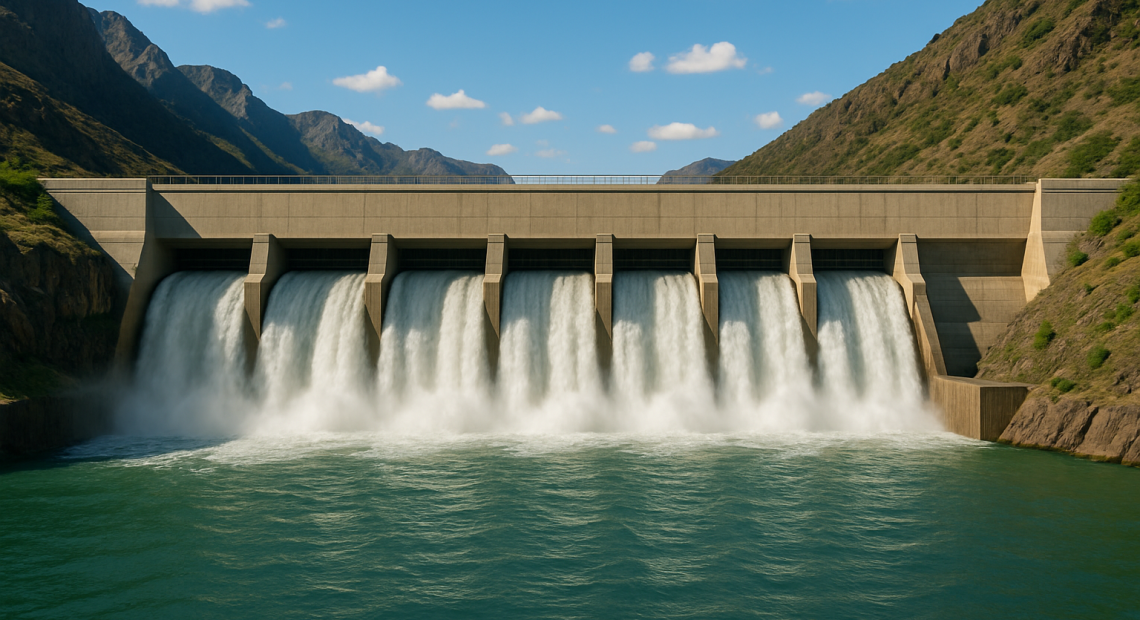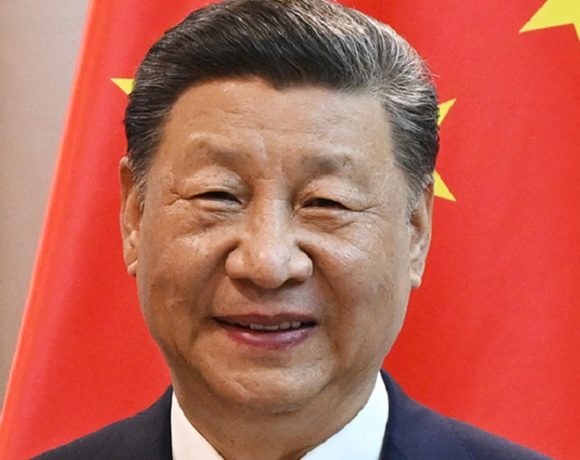
Pakistan Welcomes Court of Arbitration’s Ruling on J&K Hydroelectric Projects
Pakistan has expressed approval after an arbitration court delivered a decision concerning India’s hydropower projects in Jammu and Kashmir under the Indus Waters Treaty (IWT). The tribunal’s verdict significantly constrains India’s ability to proceed unilaterally on certain run-of-river hydropower schemes on rivers allocated to Pakistan under the bilateral water-sharing agreement, marking a diplomatic shift in the long-standing water dispute between the neighbouring nations.
Islamabad’s foreign office described the ruling as “a reaffirmation of the Treaty’s legal framework and spirit,” stating that it “safeguards downstream rights of Pakistan” and serves as a “reminder to all stakeholders” about the importance of respecting treaty obligations before initiating developments. Officials added that the decision reinforces that no major hydropower project can move forward without compensatory storage provision or dispute resolution, particularly on rivers like the Jhelum and Chenab.
Indus Waters Treaty Protocols
The 1960 Treaty allocates the exclusive use of western rivers—Indus, Jhelum, and Chenab—to Pakistan, while India retains rights over the eastern rivers. It also imposes detailed design criteria and procedural checks for projects on western rivers that India seeks to use. The Arbitration Court’s decision reiterates that structural modifications, including regulation or storage beyond meticulously defined thresholds, require binational consultation or decision by a neutral expert.
Hydroelectric Dispute
The legal challenge arose after India initiated construction on several run-of-river schemes in the Kashmir valley. Pakistan registered objections, contending these projects amounted to de facto storage facilities that could impact downstream water flow, ecosystem health, or strategic interests. The court’s ruling validates this position—it stops or restricts specific infrastructure elements until corrective design measures are adopted or mutual agreements reached.
Diplomatic Response
The ruling is expected to ease tensions between New Delhi and Islamabad by reaffirming the impartial, legally binding mechanisms embodied in the Treaty. It also signals to other transboundary water conflicts that adherence to procedural frameworks garners protection for riparian rights. Pakistani experts argue that the judgement enhances the country’s ability to oversee and influence major developmental activities with cross-border implications.
Way Forward
While the decision is a tactical win for Pakistan, it doesn’t prohibit India from pursuing hydropower projects entirely. Rather, it calls for modifications—particularly in reservoir capacity and flow release protocols—to conform to Treaty specifications. Both countries have been advised to place design review and expert intervention at the centre of future water infrastructure proposals. A collaborative engineering audit may now follow, laying the groundwork for permissible construction activities.


















